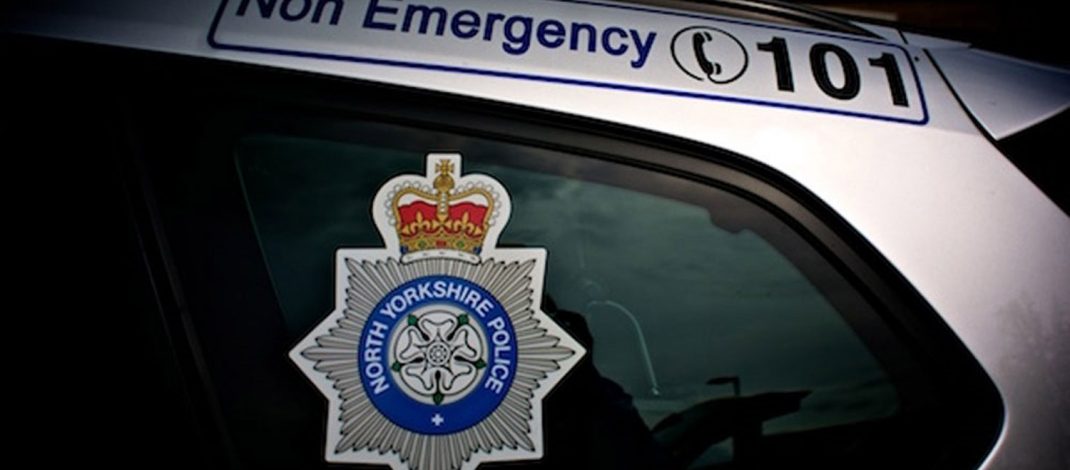The Harrogate Chamber of Trade and Commerce hosted a Yorkshire devolution debate on 14 September 2015.
The meeting titled “What is best for Harrogate” was hosted at the Majestic Hotel in front of around 200 members of the Chamber and many non-chamber members that had come along to listen to the debate.
Speaking at the event:
- Councillor Don Mackenzie, elected member of both Harrogate Borough and North Yorkshire County Councils
- Councillor Carl Les, Leader of North Yorkshire County Council, member for the Catterick Bridge Division
- Councillor Richard Cooper, Leader of Harrogate Borough Council and also a North Yorkshire County Councillor
- Councillor Pat Marsh,Leader of the Lib Dem Opposition Group on Harrogate Borough Council.
- Tom Riordan, Chief Executive, Leeds City Council; Lead CEO for Leeds City Region LEP & devolution negotiations
There are currently three options being considered:
- Greater Yorkshire Combined Authority incorporating North and West Yorkshire + East Riding & Hull
- North Yorkshire plus the City of York & East Riding, comprising the York, North Yorks & East Riding LEP
- Leeds City Region – West Yorkshire + Harrogate, Craven, Selby & City of York
Each of the panel took their turn to outline what devolution meant to them, with Councillor Mackenzie opening.
Councillor Mackenzie said that he wanted what was best for Harrogate and it was an issue very close to his heart. He explained that devolved power was part of the Northern Powerhouse and put his backing behind the Greater Yorkshire Combined Authority backing.
Councillor Les emphasised that Councils needed to work together and that crucially there was no new money on the table for devolution, it was a re-distribution of the budget spend already being planned. Councillor Les said that he needed to not just look at what was best for Harrogate, but the region. He placed his support behind the Greater Yorkshire Combined Authority. Councillor Les called for a lean structure around any Mayor that was put in place, an opinion that received approval from the audience.
Councillor Cooper spoke of devolution not being about geographic regions, but the powers that we (Harrogate Borough Council) can get and what can be done with those powers. He spoke of the national and international brand that was Yorkshire and Harrogate and ensuring that continued in the best way. He viewed that many schemes were unachievable now (eg a Harrogate by-pass) as authorities would not agree on the spend, although it would be easier following devolution, although some scheme may need a precept to gain sufficient funding. Councillor Cooper said that he wanted the best for Harrogate.
Councillor Pat Marsh spoke as a Liberal Democrat Borough Councillor and said that she, along with other Borough Councillors, had not been involved in the development of any options. She put her support behind a Greater Yorkshire option, but expressed concern that an elected Mayor could give too much power to one individual. Reference was made to devolution in Cornwall being ahead of the North and although they had plans to achieve, they did not have the corresponding budget to follow through. She also believed that public confidence in central government had gone and, like in Scotland, this was a necessary development.
Tom Riordan spoke for Leeds and stressed that whatever the decision, the LEP partnerships need to endure. He spoke of the strong relation between Harrogate and Leeds and that Leeds had sought to develop an complimentary approach to Harrogate. Mention was made that 8,500 travelled daily from Harrogate to Leeds to work and 6,500 did the same daily trip in reverse. He acknowledged that there was a genuinely difficult situation and he had a desire to partner with a wider area, but there had been different opinions within West Yorkshire in how that should be done.
During Questions and Answers Councillor Cooper said that he would personally block any options that he did not consider beneficial for the town.
On the question of the appointment of a Mayor and cabinet underneath, Councillor Les commented that a referendum for Police and Crime Commissioner had cost £750K in North Yorkshire and that he considered that a referendum was not appropriate for a new Mayor due to similar costs.
Questions were put to the panel on the specific powers that would be bid for. Transport was specifically mentioned by Tom Riordan and Councillor Cooper. This would be to gain a middle-tier of funding that currently sites with central government.
It was believed that May 2017 may be the likely time for the implementation of any changes.
The question of local tax was raised, both Councillor Cooper and Councillor Les said they were fundamentally against any locally levied tax.
Councillor Cooper was questioned on how did he know that the new Harrogate Borough Council offices were of the right size. Councillor Cooper responded saying that the new offices were about saving money and not related to devolution and that devolution was about gaining powers
The benefits of devolution are not clear. There is one argument that money given at a local level will be used in a more beneficial way. There also an argument that it will apply yet another layer of bureaucracy that will not serve the public well. It is also concerning that the general public has a very small voice in the process as Harrogate Borough Council are not consulting with the full council for opinion.







Let’s face it. Everyone is sitting around until the Tory Government decides what model of devolution is in the best interests of the Tory Party. Cooper, ignoring the multiple conflicts of interest that comes with bwing an office manager for a Tory MP and a Harrogate and North Yorkshire Councillor is not going to rock any boats. He has an eye on future selection as a Parliamentary Candidate for a safe Tory seat. So, when the Tories have worked out what’s best for the Tories Harrogate will learn and accept its fate. The Leeds City Region will become the powerhouse whether Harrogate is or isn’t part of it.